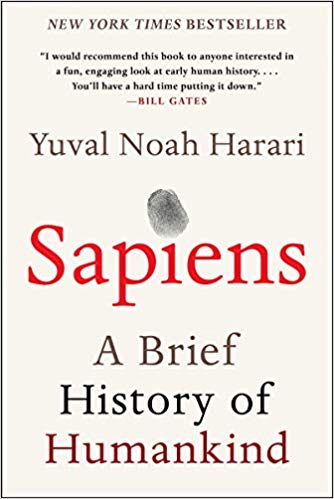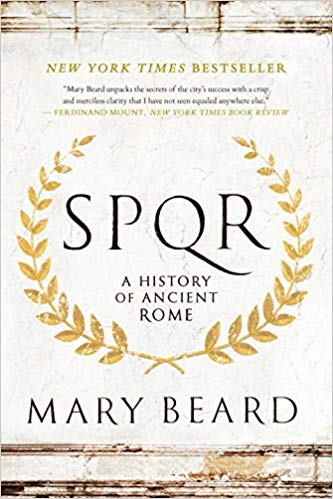Ben Shapiro The Right Side of History: How Reason and Moral Purpose Made the West Great
Last updated: June 18, 2019
We looked at the top History Books and dug through the reviews from some of the most popular review sites. Through this analysis, we've determined the best History Book you should buy.
Product Details
In our analysis of 60 expert reviews, the Ben Shapiro The Right Side of History placed 7th when we looked at the top 9 products in the category. For the full ranking, see below.From The Manufacturer
Ben Shapiro is editor-in-chief of The Daily Wire and host of “The Ben Shapiro Show,” the top conservative podcast in the nation. A New York Times bestselling author, Shapiro is a graduate of Harvard Law School, and an Orthodox Jew, his work has been profiled in nearly every major American publication, and he has appeared on hundreds of radio and television shows. He has appeared as the featured speaker at many conservative events on campuses nationwide, several of those appearances targeted by progressive and “Antifa” activists.
Expert Reviews
What reviewers liked
In this strongly written survey of Western thought and cogent statement of democratic principle, Mr. Shapiro provides an analysis of our current crisis, its causes and potential cures, advocating a return to the basic values upon which our civilization was built.
Over the course of Shapiro’s ambitious tome, he makes several valid and important points. As usual, he is at his best when he’s demolishing a terrible argument, usually being trotted out by a left-leaning political opponent.
- Medium
The Right Side of History makes useful and perceptive distinctions between French, German, and Anglo Enlightenment ideas, and the good and bad strains therein. Shapiro shows that his reading is equal in width and depth. The book is impressively researched and thorough in the places it wishes to be.
Blending history of ideas, philosophy, and up-to-the-minute cultural commentary, he examines both how the West was lost and how it might be recovered. From these twin starting points, Shapiro takes the reader on a whirlwind tour through time. The book is a welcome corrective to bad history of ideas in other respects, particularly the secular neo-Enlightenment revisionism of thinkers like Steven Pinker.
- Patheos
What reviewers didn't like
The key problem with Shapiro’s overall position is that he takes a contingent fact (that Europeans happened to be mostly Judeo-Christian) and attributes causal historical power to that fact.
- Medium
Narratively, the book is a bit neat. It draws clear A-to-Bs between every idea and its adoption. If you want to understand any historical event or societal shift, all you need to do is look for the philosopher whose ideas will lead you there. The history of ideas is rarely that simple. In that sense it underestimates the ways in which history is—to use a term I suspect Shapiro will hate—dialectical.
“Divisive” as it sounds, there’s no gentle way to say it: The reader who makes a careful and impartial study of the New Testament’s provenance must inevitably conclude that it can only be explained as a product of deception, insanity, or reality. Nothing in between will suffice. Shapiro, it seems, has yet to make such a study.
- Patheos
In Shapiro’s conception, the West in general and America in particular could begin to fill the “meaning-shaped hole” at its center if it turned back to an arrangement much like the one he himself has: religious (monotheism only, please), science-denying, married, and male. This would be sordidly amusing in its own way if the rest of The Right Side of History weren’t so often either sloppy or deceitful or both.
View our History Book buying guide for in-depth advice and recommendations.









